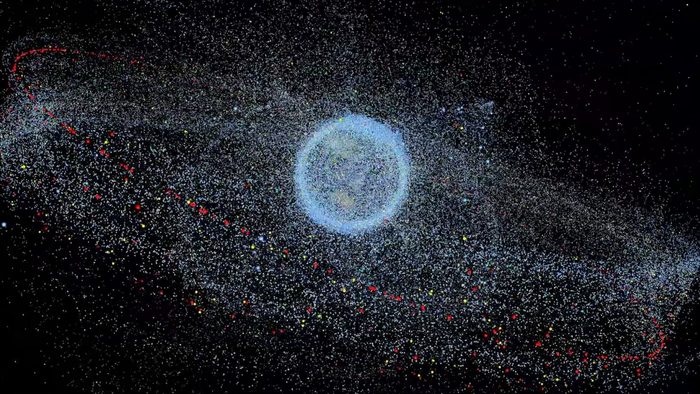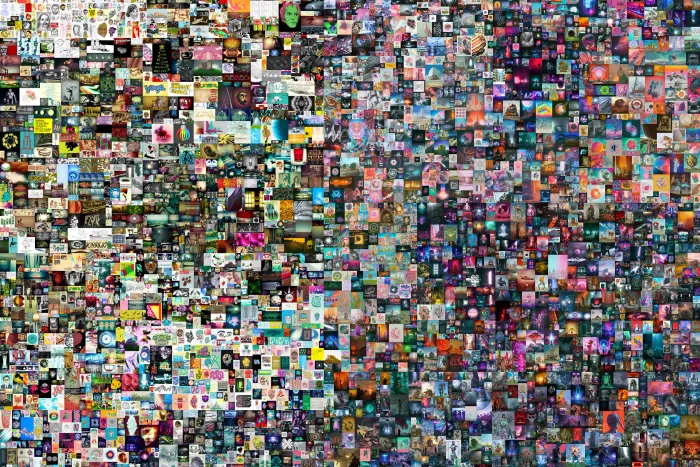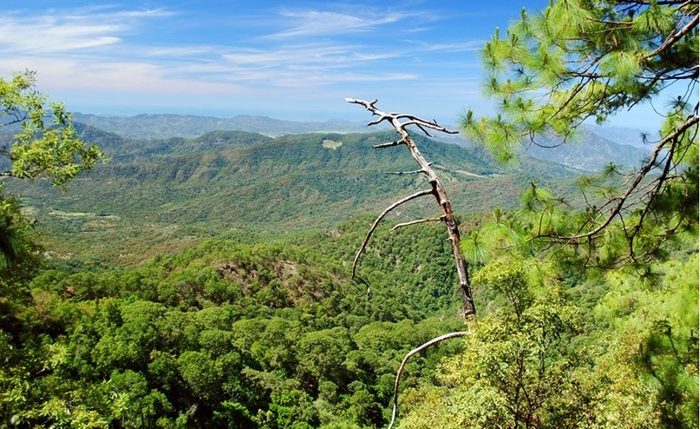Good morning, this is Zelda, and today we're taking a look at all the junk that's gathering in space and asking who takes responsibility for cleaning it up. We'll reach out to another kind of space - the cyber one - and consider the threats posed by cyber-surveillance software, while the United Nations security-focused group adopts a final report that brings the international community a step closer to an open and peaceful cyberspace.
Finally, we will see how a Geneva blockchain company brings traceability to farmers. |
|
Science & Technology News
|
|

Distribution of space debris around the Earth. Source: ESA.
|
|
Here's what else is happening
|

Beeple’s collage, Everydays: The First 5000 Days, sold at Christie’s for $69 millions. Source: Beeple
|
|
|
Anticipatory reads by GESDA
|
|

The Sierra de Manantlán biosphere reserve in Mexico is a source of clean water for urban residents in nearby cities. (© Adriana Margarita Larios Arellano/Shutterstock).
|
|
Nature should no more be seen as a giant fridge
with an endless quantity of foodstuffs, the door of which anyone can open and grab something to subsist or grow. Last week, building on the work of about 600 experts over the last ten years, the UN Statistical Commission has adopted the new Ecosystem Accounting framework: an international system that puts a value on the environment. “This means that countries can now calculate the services that ecosystems provide – such as carbon storage and flood protection – and their contributions to the economy in a standardized way and with the same confidence as they calculate GDP to measure their economic production”, sums up a World Bank blog.
“The decision didn’t go as far as it might have done, comments Nature (see below). The overwhelming majority of participating countries wanted the new rules to be designated as a ‘statistical standard’. But the United States and a number of European Union countries objected. This was partly on the grounds that there is still much debate over valuation methodology, meaning that it is too soon to use ‘standard’ as a label.”
The record of the statisticians’ meeting shows that much debate remains on how to value something that isn’t bought and sold in a conventional way, the journal goes on: “But at the same time, this is an active area of research. Many studies have been captured in a landmark report, The Economics of Biodiversity: The Dasgupta Review, published last month by the UK Treasury. [...] Momentum on valuing ecosystem services is now unstoppable, and that is a good thing”.
- Olivier Dessibourg
|

This selection is proposed by the Geneva Science and Diplomacy Anticipator
GESDA, working on
anticipating cutting-edge science and technological advances to develop innovative and inclusive
solutions for the
benefit of the planet and its inhabitants.
|
|
GS news is a new media project covering the world of international cooperation and development. Don’t hesitate to forward our newsletter!
Have a good day!
|

|
|
Avenue du Bouchet 2
1209 Genève
Suisse
|
|
|
| |











